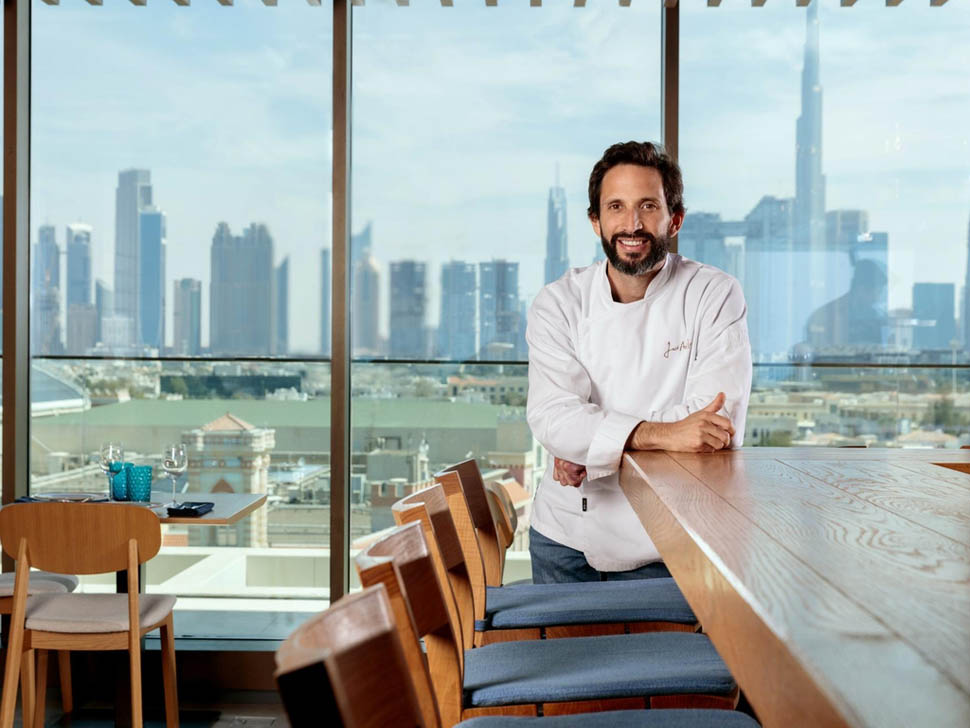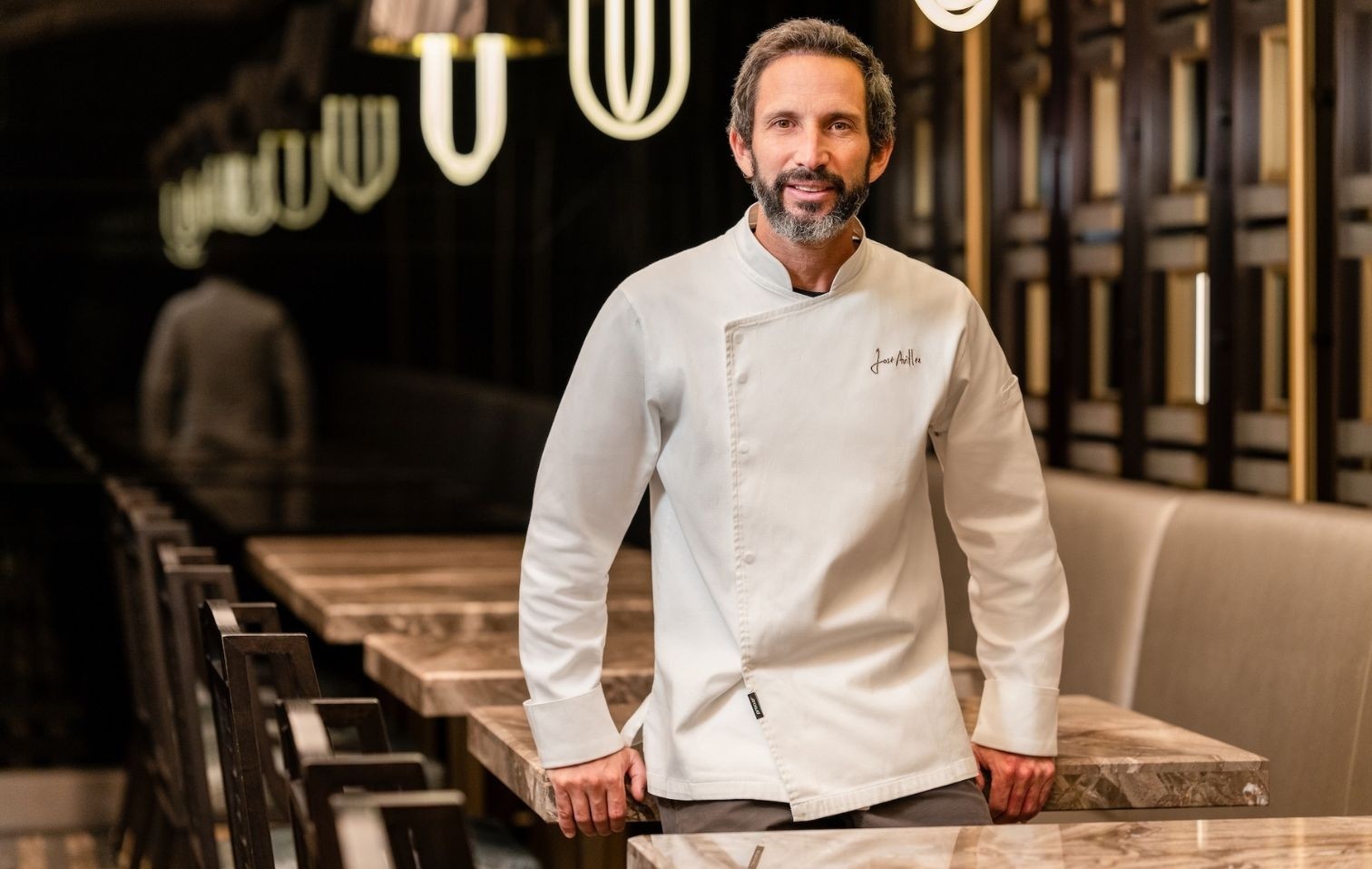The essence of cuisine, beyond aromas and flavors, lies in the hands that create it. Born in October 1979 in Lisbon, José Avillez dreamed of becoming a carpenter or architect but ended up in the kitchen. He then built an empire of 16 internationally renowned establishments.
The story
José Avillez, an iconic figure in today's Portuguese gastronomic scene, is known for his passion for innovation and culinary authenticity. But before his successful career, he lived a modest life, without his father since he was seven years old. The family had a farm near Guincho beach: it needed work, and the man restored the house, so they moved there a year before he died. During his childhood, José rode his bike to Guincho to catch barnacles, cuttlefish, and squid with a hook and bait. Then, every Sunday, he had lunch at his grandmother's house with his 20 cousins. A large family, marked by an early loss, but he already showed a knack for sacrifice and a passion for gastronomy.
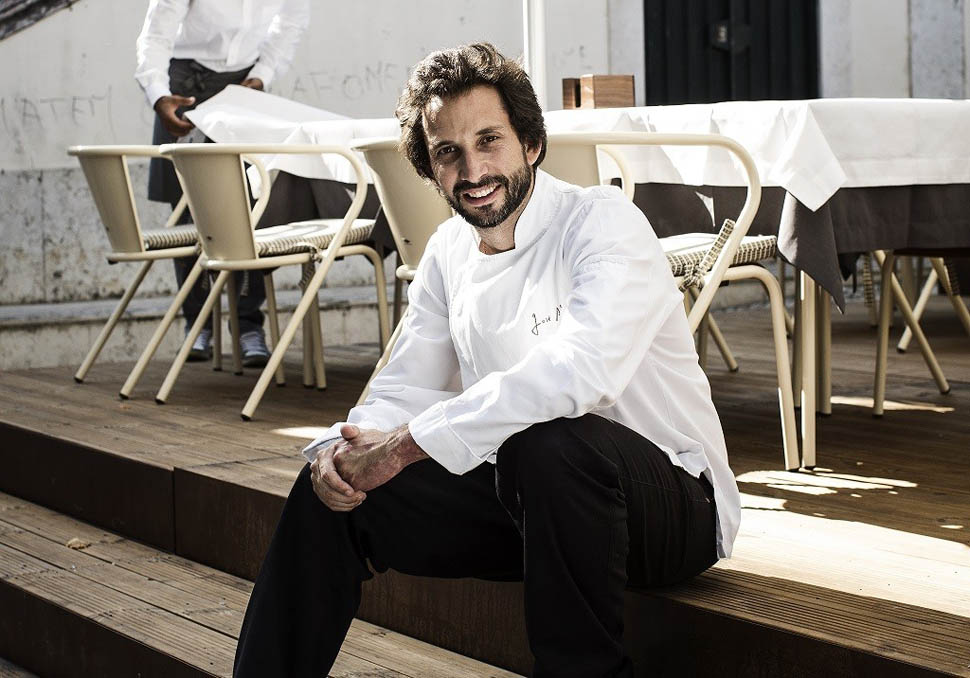
His mother was a social worker with a meager salary. "But we never lacked anything," he assures today at expresso.pt. To earn some extra money, supplementing the weekly allowance of 25 cents, he started producing and selling sweets and small handmade utensils. He wanted to be an architect, but then he graduated in Business Communication. At that time, he didn't think he would pursue a career as a chef. "I preferred eating and drinking more!" he confesses.
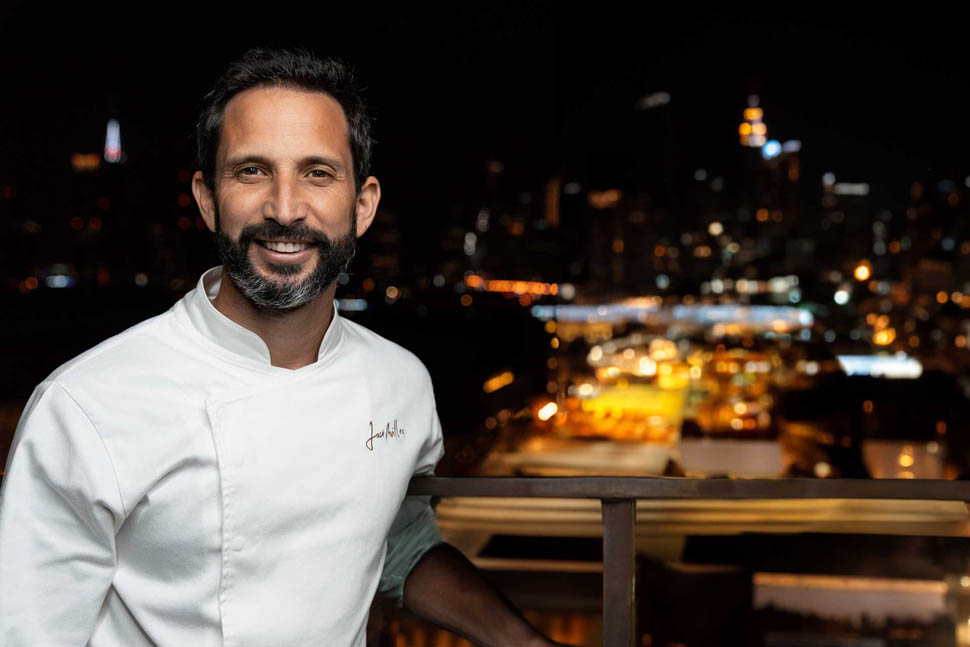
Until the age of 21, out of necessity to work, he went to knock on the door of one of the most renowned chefs' restaurants. "I said I wanted to work there, without pay, just to learn. Everyone laughed and thought I wouldn't last two days." For six months, he worked during the day and studied at night, proving his colleagues exactly the opposite. "When I entered the kitchen, my heart skipped a beat. I realized that this was what I wanted to do for the rest of my life" - this is how he narrates the beginning of the journey that would lead him to fame.
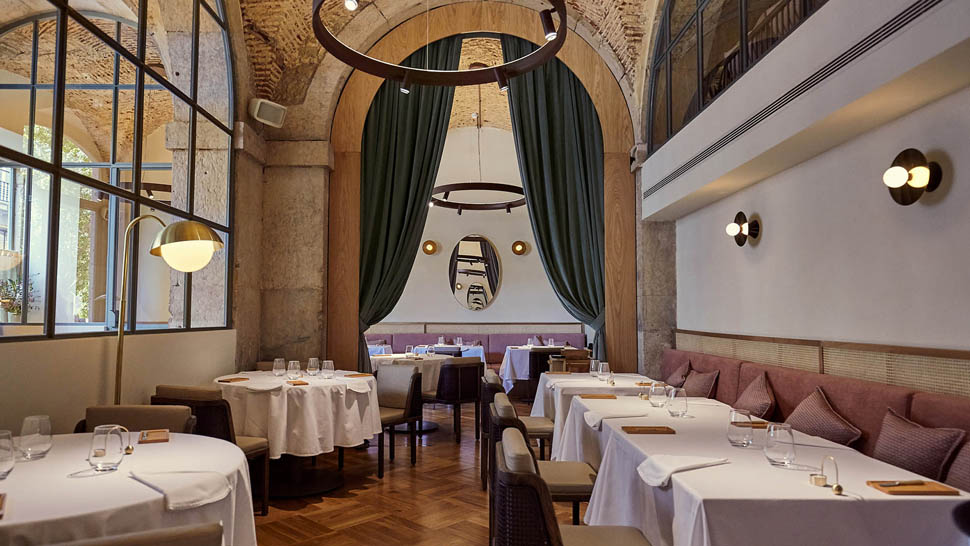
Later, José lived in Brazil, and after leaving the 100 Maneiras project with Ljubomir Stanisic, he returned to Portugal, taking over the leadership of the Tavares restaurant. From that moment, his entire life changed. Today, he is the Portuguese chef with the most Michelin stars. He leads 16 restaurants, including one in Dubai and another in Macao. He has 470 employees. He spends "sleepless nights'' thinking not so much about recipes but about what needs to be done to manage such a vast gastronomic empire effectively.
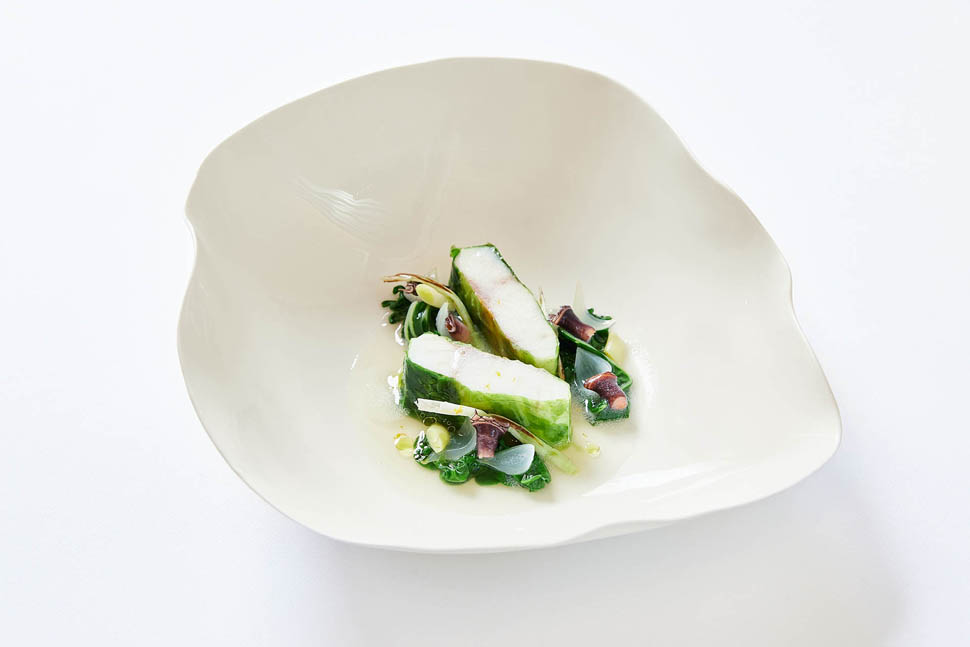
However, behind the brilliance of his dishes, Avillez talks about the steaks he still burns at home when he's distracted, and he attributes much of his success to the contribution of those who work under him, including many immigrants willing to make the same sacrifices he did at the beginning.
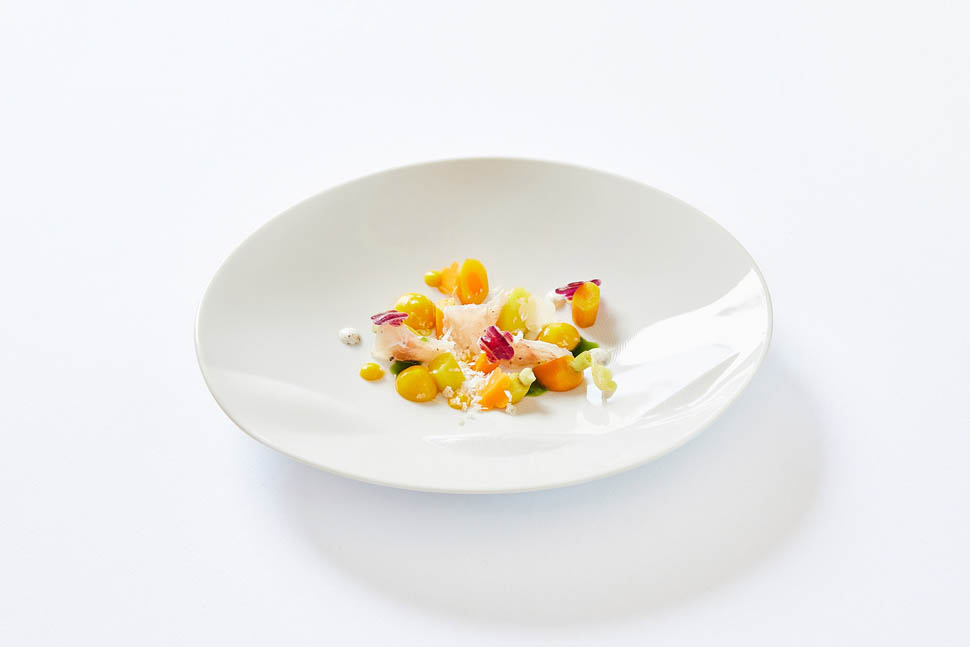
In an increasingly globalized world, cultural diversity has become an essential characteristic of contemporary cuisine. Avillez emphasizes that his restaurants reflect this diversity, thanks to the talent and dedication of people from every corner of the world. Without them, Avillez states, his establishments would not be able to offer the same quality and creativity that distinguishes them. Avillez's words bring forth themes of current relevance and social importance, such as integration, respect, and the appreciation of each individual's uniqueness. Avillez's words invite us to share and celebrate the diversity that enriches our lives and our tables.
